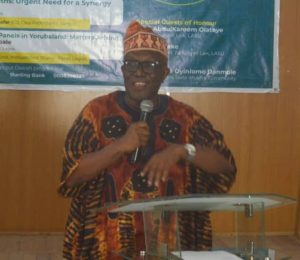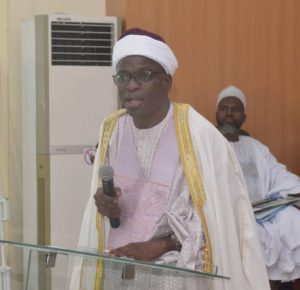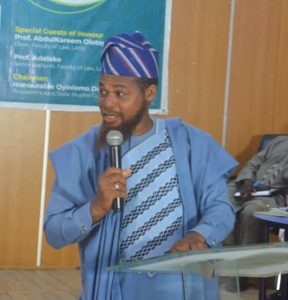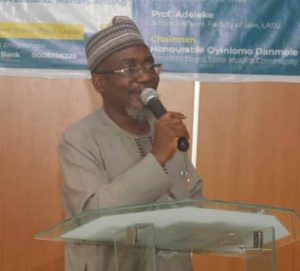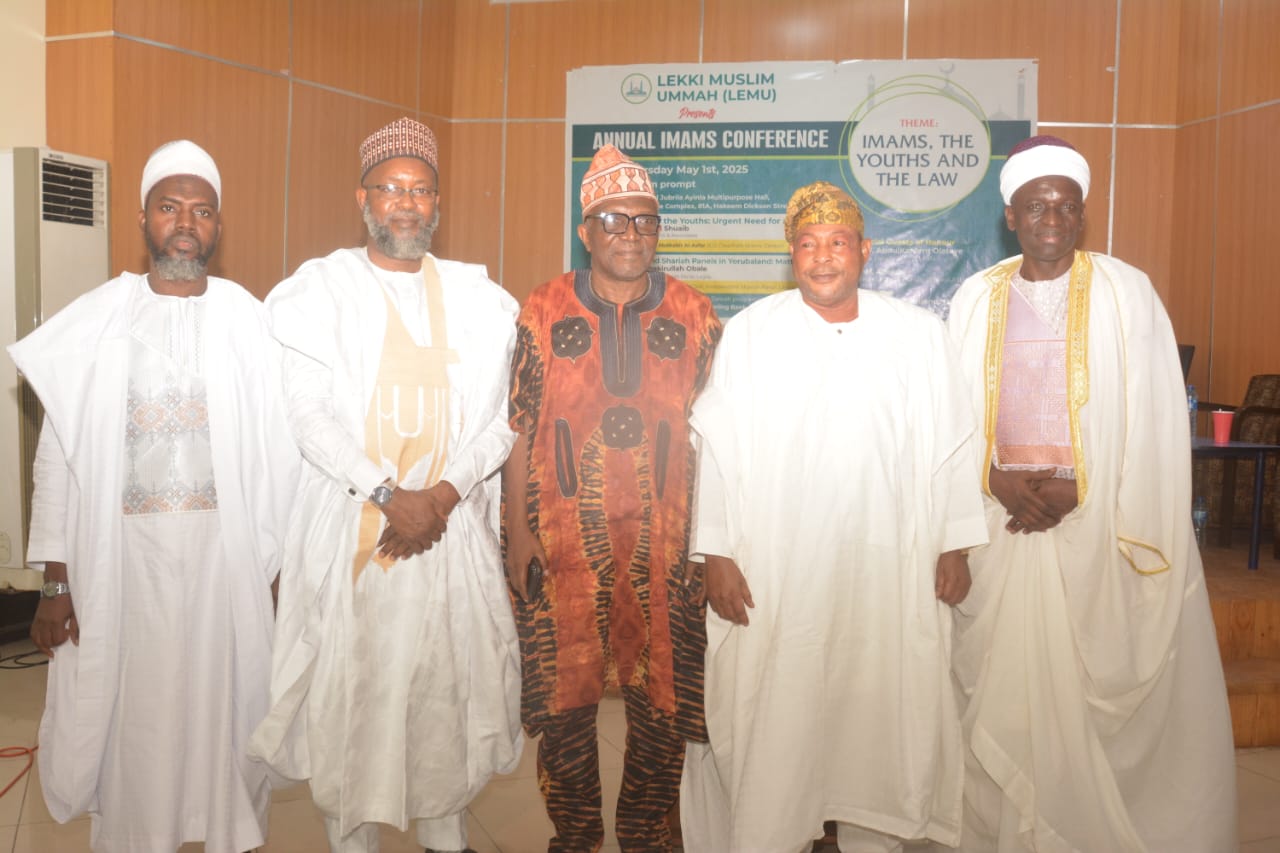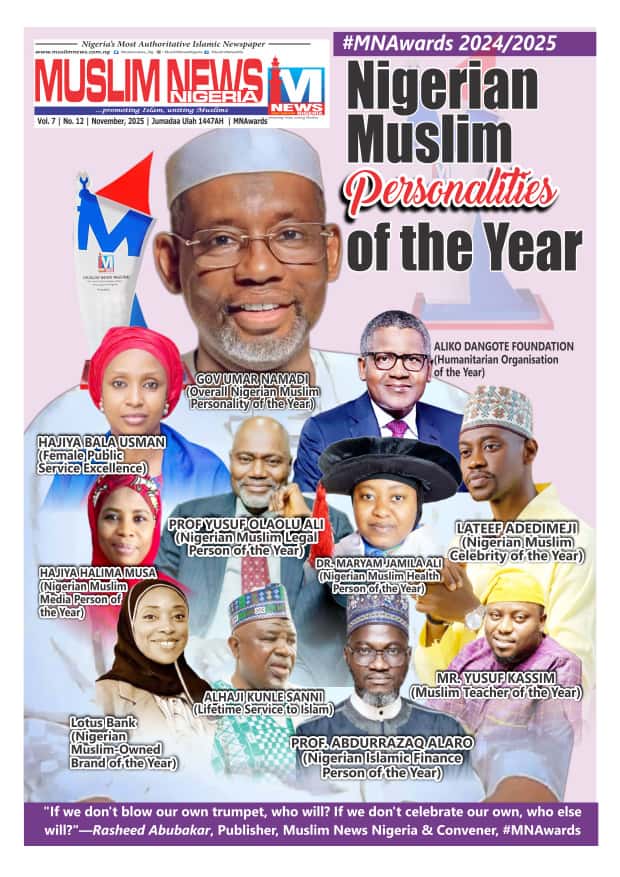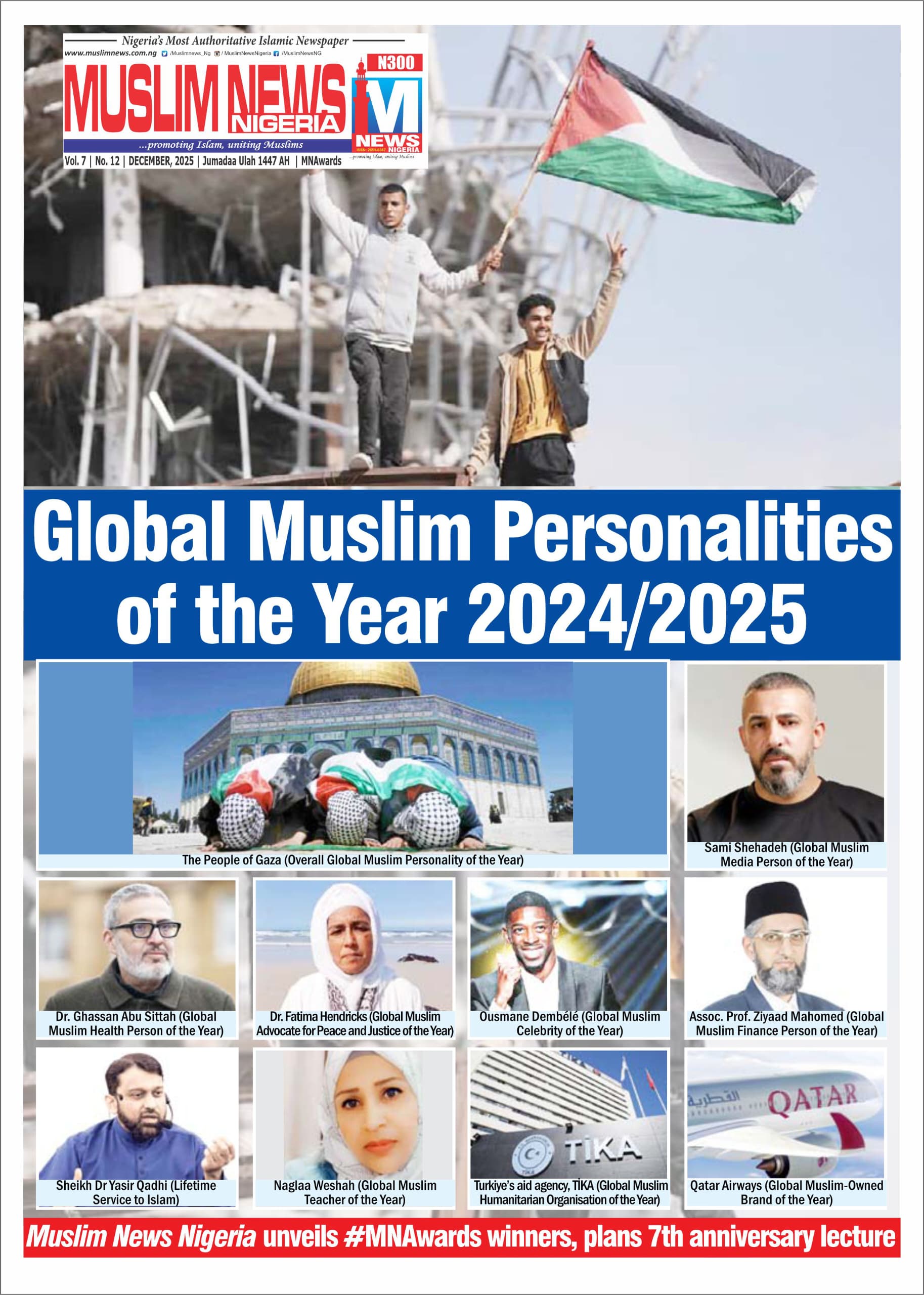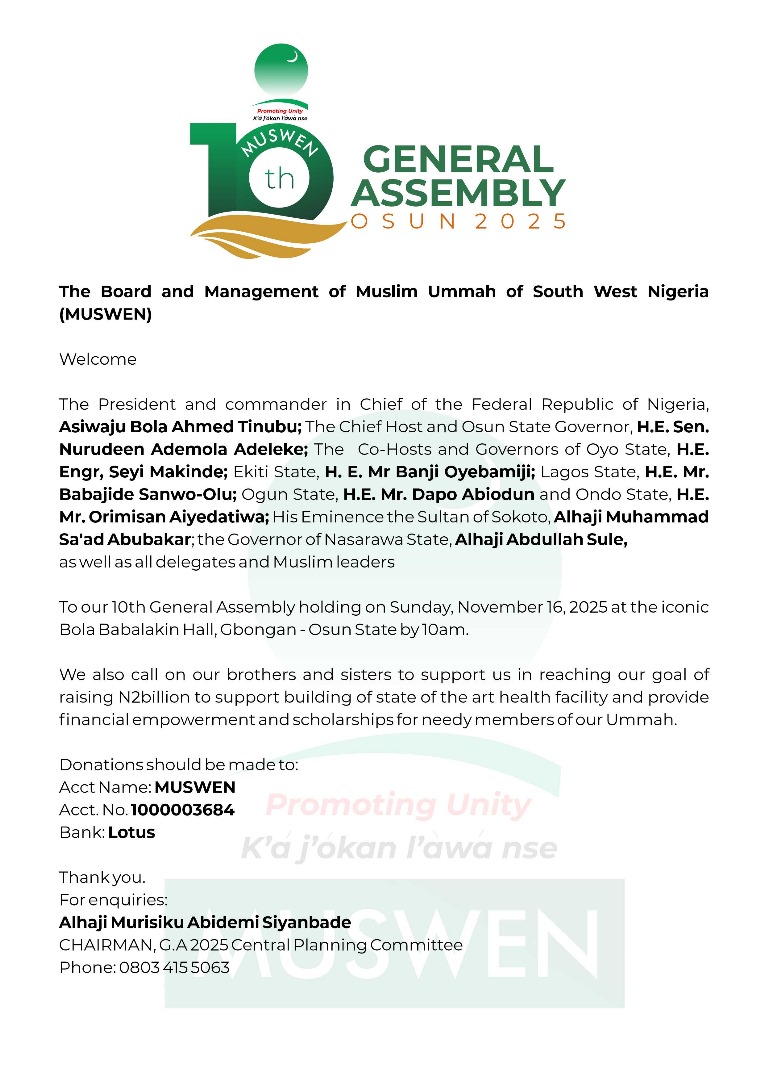By Rasheed Abubakar
* Imam Shuaib tasks youth to reconnect with religious leadership
* Don warns female students against egg donations, citing rulings, risks
In a bold call to action at the Annual Imams Conference hosted by the Lekki Muslim Ummah (LEMU) on Thursday, 1st May 2025, prominent Muslim scholar Dr. Abdullahi Shuaib advocated the creation of youth councils in mosques across Nigeria.
He said the initiative would help address the growing disconnect between Imams and young Muslims.
Dr. Shuaib, who is also the Lead Consultant at AS & Associates, described the divide between mosque leadership and the youths as alarming, especially in today’s rapidly evolving world.
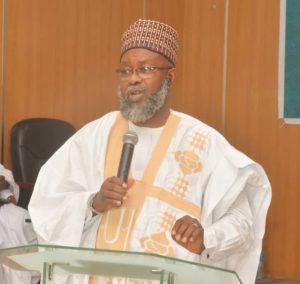
Speaking on the theme “Imams, the Youths and the Law,” he said: “Many Imams still use formal, classical Arabic or traditional expressions that young people may not fully understand or relate to.
“Our youths are growing up in a globalised, fast-paced digital world – exposed to diverse views, lifestyles, and beliefs through social media, but sermons at mosques often focus on classical topics without connecting to current youth issues – like mental health, career, identity, or online ethics.”
Dr. Shuaib urged Imams to actively engage youths by involving them in sermon planning, mosque activities, and decision-making processes.
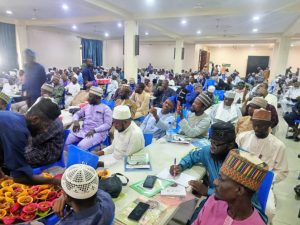
“Young people often feel sidelined from masjid decisions and activities. Involving them creates ownership, accountability, and enthusiasm for community service.”
* Egg donation is not allowed in Islam – Prof. Adeleke
Also addressing another contemporary issue at the conference, Professor Abdurraheem Adeleke, a legal scholar from Lagos State University (LASU), highlighted pressing moral concerns within the youth demographic, particularly the controversial practice of egg donation among female students.
“It is not allowed in Islam to donate egg and sperm,” Prof. Adeleke stated.
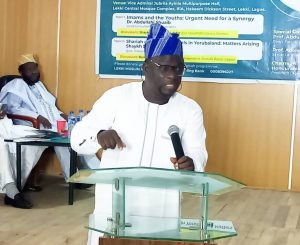
“What is allowed under the Shari’ah is blood because blood can replenish itself and you donate blood to save the life of another person.”
He further warned that such reproductive donations, often motivated by financial gain, interfere with Islamic principles of lineage.
“When you donate your egg, you are trying to create a new lineage without following the proper channel. You only create lineage in Islam by legally marrying a particular spouse.
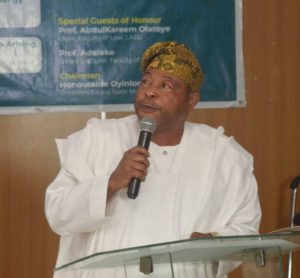
“In fact, the English law, in the case of Oxford vs. Oxford, says that when you allow a reproductive organ belonging to you, which is only legal when you use it with your wife, to be used on another person, it amounts to adultery.”
Over the years, the LEMU Annual Imams Conference has gained increasing recognition across the country, with more Imams becoming aware of its relevance to contemporary Islamic leadership.
This growing awareness has led to a noticeable rise in attendance, as many religious leaders now see the conference as a critical platform for self-development, peer learning, and reconnecting with the evolving needs of their congregations – especially the youth.
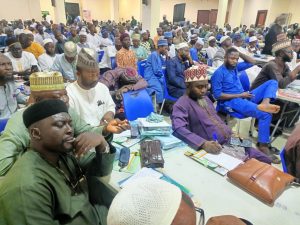
Imam Lekki emphasises need for Imams to update their knowledge
On his part, Dr. Ridwan Jamiu, the Chief Imam of Lekki, described the conference as a train-the-trainers programme, emphasising the need for Imams to update their knowledge and preaching methods to remain relevant.
“We expect that our Imams will be better informed about certain things. They need to understand that the world is evolving.
The Imams need to change their methods – not into haram – but into methods that reflect the current realities, so the youths can be carried along.
“If da’wah is not well passed, it will not serve its purpose. In fact, it may even bring a negative impact on society,” he noted.
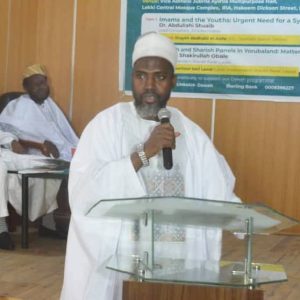
Scholar lauds LEMU for fostering dialogue between religious leaders
Delivering a goodwill message, Prof AbdulKareem Olatoye praised LEMU’s efforts in fostering dialogue between religious leaders and young Muslims.
“We support all that is happening here today, and we appreciate those who played their roles to bring the Imams together, so as to bring about synergy amongst Imams and the youths. We find support for this in the Qur’an, in Suratul Maidah, where Allah says we are expected to cooperate in righteousness, good deeds, and the pursuit of knowledge – not in sin and aggression.”
The Professor of Law at Lagos State University (LASU) urged Muslims to embrace the challenges that come with religious reform and growth.
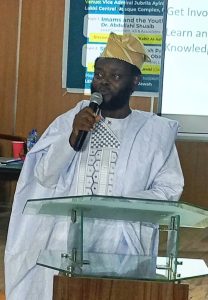
“We should know that as Muslims, if we are not willing to go through pains, there is no way we can achieve what we want to achieve in our deen.”
The conference, which gathered Islamic scholars, youth leaders, and mosque administrators, is expected to spark broader conversations on how Islamic leadership can better relate to and inspire the younger generation in Nigeria.
FACES AT THE CONFERENCE
